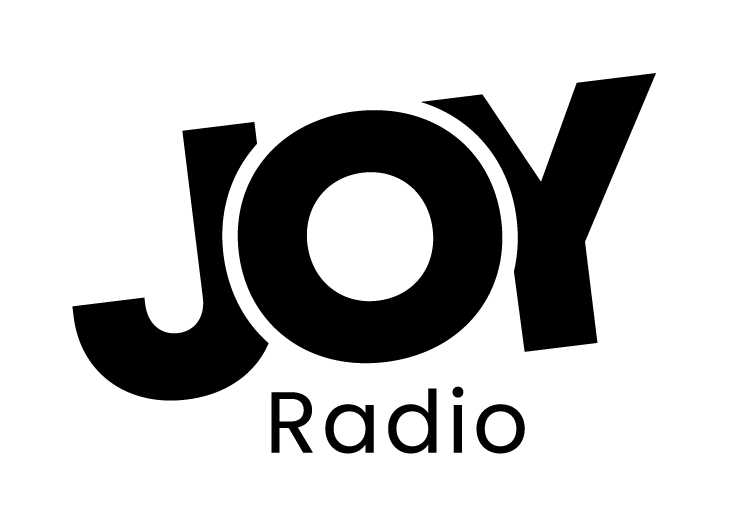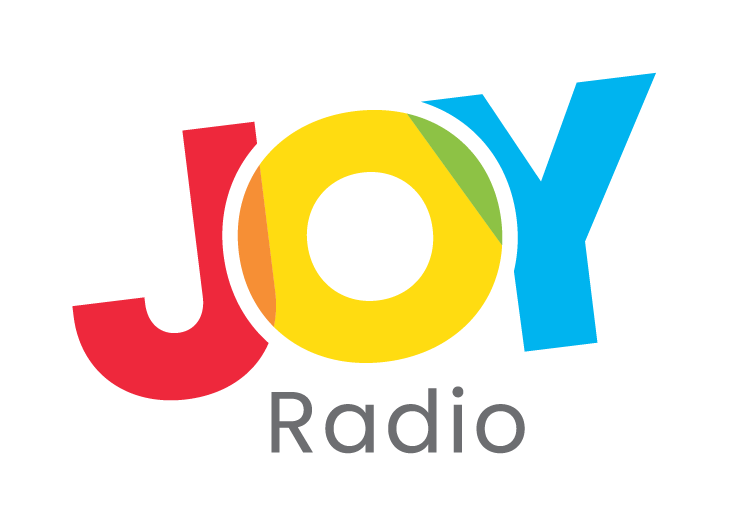Listen, Learn, Heal
The National Day for Truth and Reconciliation is upon us. Today our network honoured the children who never returned home and survivors of residential schools, as well as their families and communities.
Throughout our broadcast day we dedicated time to highlight the stories of Indigenous People, to hear about their lived experiences and to learn from them. We heard about the painful history and ongoing impacts of residential schools and the importance of educating ourselves on this journey of reconciliation and strengthening our unity.
During The Drive on September 30th, James Kurtis shared stories from Stirling John – a member of Sagkeeng First Nation in Ontario. Stirling is a inspirational country music singer/songwriter who started singing with his family in local churches.
“Our places of worship need to be a place where people can come and not feel judged under any circumstances.” Stirling said.
“I think that we need to certainly educate ourselves on the history of what’s happened. And come together, whether its picking up a phone and checking in on people who are struggling with this past history of residential schools. And letting them know that they’re not alone, that we’re there for them and be a listening ear. That’s a start.”
James also shared Trenta Bowden’s story. She is a passionate speaker, singer/songwriter with a heart for worship.
“I grew up in a single parent home. It was not easy.” Bowden told JOY. “I was taken out of the home.”
“People look at the residential schools and they think ‘oh it was just for the people who were put in the residential schools put in a foster home who were adopted’, but there were thousands of Indigenous kids placed in foster homes when they recognized disfunction, honestly with well meaning purposes, but what they did not know is that the system did not grasp how they were creating divide in families. Imagine, you’re taken out of the home, you’re moved into a group home which I thought was a safe place, and I found out it was mainly for the young offenders who cause trouble, get put into this home, get bullied by two young girls…that was tragic for me.”
Despite these and many more cruel challenges as a child, Trenta always felt the presence of God. “He had my hand. He had the pull on my life. Ever since I was even 4, I remember having an encounter with God.” Bowden shared.
This afternoon during Good Company, I spoke to Rebecca Jean Cowboy, who shared about her healing journey.
I hope you take time to listen to John, Trenta and Rebecca’s stories. Listen and engage in self-reflection.
Reconciliation is about establishing and maintaining a mutually respectful relationship between Aboriginal and non-Aboriginal peoples in Canada. In order for that to happen, there has to be awareness of the past, Acknowledgement of the harm that has been inflicted, reparation for the causes, and action to change behaviour. Reconciliation must inspire Aboriginal and non-Aboriginal peoples to transform Canadian society so that future generations can live together in dignity, peace, and prosperity on these shared lands.
Still looking for how you can participate in National Day for Truth and Reconciliation – or any time? I encourage you to read this powerful article from our sister-ministry Faith Strong Today. Our Good Company Correspondent Robyn Roste dives into the steps we can take to further reconciliation from a faith-based perspective to see how the Bible addresses it.






No Comments
Sorry, the comment form is closed at this time.